News that Shell has been hit by Chip & PIN fraud couldn’t come at a worse time as it’s just weeks after national adoption of the technology. However, the good news is the criminals did not get past the new Chip & PIN system itself, but instead used a skimming device to copy information off the magnetic strip. They then used cloned cards to steal money from accounts. Shell confirmed the problem and as a result has suspended the use of Chip & PIN at its 300 company-owned sites. Its dealer operated sites have also been advised of the situation.
An official statement from the oil company said: "Shell is aware that a small number of customers have been affected by the misuse of their bank cards after visiting a limited number of service stations in the UK. Shell’s Chip & PIN solution is fully accredited and complies with all related industry standards. However, in the interests of our customers, we have temporarily suspended Chip & PIN availability in our UK company-owned service stations. This is a precautionary measure to protect the security of our customers’ transactions. Customers are unaffected by this action - they can still pay for their fuel, goods or services with their cards by swipe and signature. We have been working closely with the police, card companies and APACS. As the police investigation is ongoing, it would be inappropriate for Shell to comment further until investigations are concluded. We will reintroduce Chip & PIN as soon as it is possible, following consultation with the terminal manufacturer, card companies and the relevant authorities, to ensure that customers can be confident that their transactions are fully secure. We apologise to our customers if there has been any inconvenience caused."
Though Shell won’t comment further, eight people are said to have been arrested in connection with the crime.
Sandra Quinn, spokeswoman for the Association of Payment Clearing Services (Apacs) said the criminals used old-style skimming devices which are usually used at cash point machines in public places. "There is no new fraud here - they weren’t breaking or copying the strip.
"The copying of the magnetic strip has always been an issue but it is the first time we have seen it used on Chip & PIN machines inside a shop. Someone in the garage must have been made to participate in the fraud.
"Obviously this latest problem is not good news, but we need to have a level of realism about Chip & PIN because no system is ever going to be completely fraud-proof. Instead it’s about making it more difficult for criminals."
Quinn confirmed that since the national adoption of Chip & PIN, fraud through petrol stations has started to fall - losses amounted to £16.8m in 2004 but fell by 24%, to £12.7m in 2005. "Petrol stations have always been targets for fraudsters. Chip & PIN has reduced fraud but often it’s done by organised gangs and they’ve been making a lot of money over the past few years and they’re not going to let that go easily," she said.
Shell’s Chip & PIN terminals are TrinTech Smart 5000 Chip & PIN pads but TrinTech would not comment on the problem. At the time of writing, Shell had no news of when Chip & PIN would be re-introduced.
GIVING CRIME COLD SHOULDER
Chemist chain Boots is trialling a new device that aims to protect its customers from falling prey to ’shoulder surfers’ - criminals who look over a customer’s shoulder as they are entering their PIN number into the terminal.
Called the Ped Cradle, the device is a specially-designed magnifying lens which was originally created for the partially sighted. However once in use, the inventors realised that only the customer directly in front of the lens could see the keypad and thus its potential as a security device was realised.























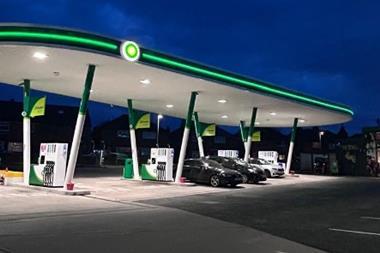
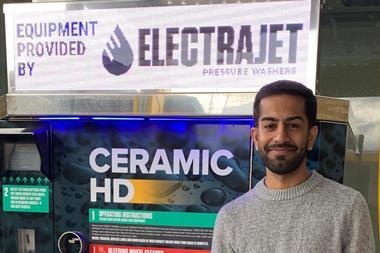
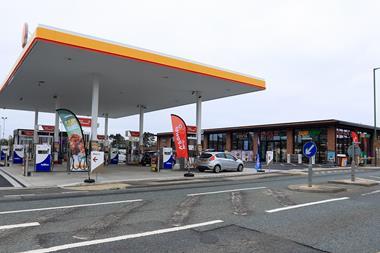
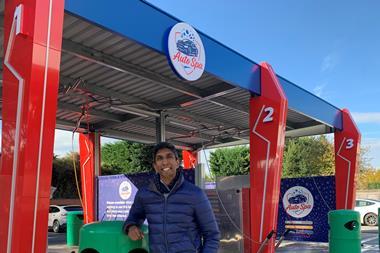

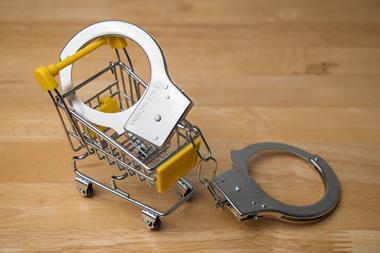
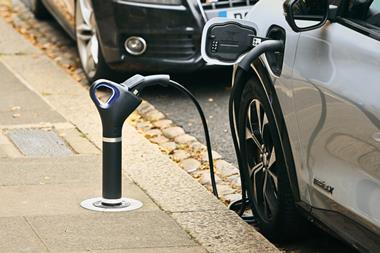
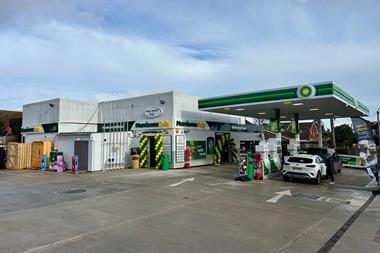
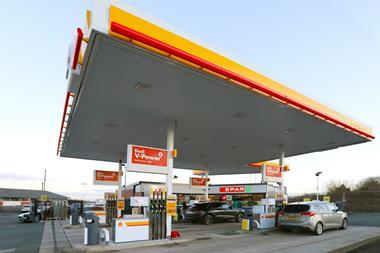
No comments yet